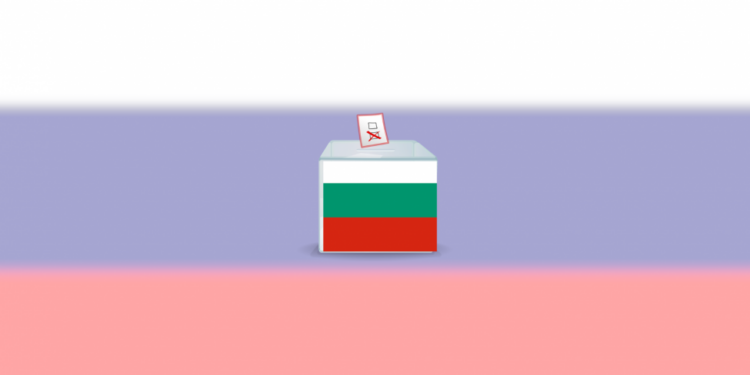***
Russia has made a limited comeback as a cultural alternative and geopolitical model in Bulgaria, but without succeeding in ruining the country’s pro-European orientation and majority support for the European Union and NATO. Bulgaria is part of a logic common to several European countries: that of the accession of far-right ideology with pro-Russian ambitions. It has a special history with Russia, but this is the subject of disagreement and does not mean blind adherence to the model currently promoted by the Kremlin. Far-right activists are acting as agents of Russian interference all over Europe, as current events show. It is therefore fears about the European Union and the lack of political stability in Bulgaria that seem to have encouraged the pro-Russian discourse at the recent polls, rather than Bulgarians accepting the supremacy of the model advocated by the Kremlin.
[1] Bulgaria joined the European Union on 1 January 2007 and NATO on 29th March 2004.
[2] Benoit Massin, «a Russie de Poutine et la collaboration des extrêmes droites occidentales », Cités, 2023/1 (n° 93), p. 113-126.
[3] Xavier Follebouckt, « “Ukraine’s pain is Europe’s shame”. The European Parliament and the Ukrainian Crisis », Cahiers Sens public, vol. 17-18, n° 1-2, 2014, pp. 143-167.
[4] A history of Bulgarian anti-communist politics, V. Antony Todorov, “Where is the Right? Bulgaria”, Fondapol, 2010,
[5] On the traditional image of Russia in Bulgaria, V. Antony Todorov, « Les discours diplomatiques bulgares au sujet de la Russie », Hermès, La Revue, vol. 81, n° 2, 2018, pp. 141-147.
[6] In February 2023, the then Bulgarian Finance Minister, Rositsa Velkova, announced that the target date for her country’s accession to the euro zone was now “1st January 2025”, i.e. a year after the planned date.
Source link : https://www.robert-schuman.eu/en/european-issues/751-the-resurgence-of-the-russian-dilemma-on-the-bulgarian-political-scene
Author :
Publish date : 2024-06-03 07:00:00
Copyright for syndicated content belongs to the linked Source.


